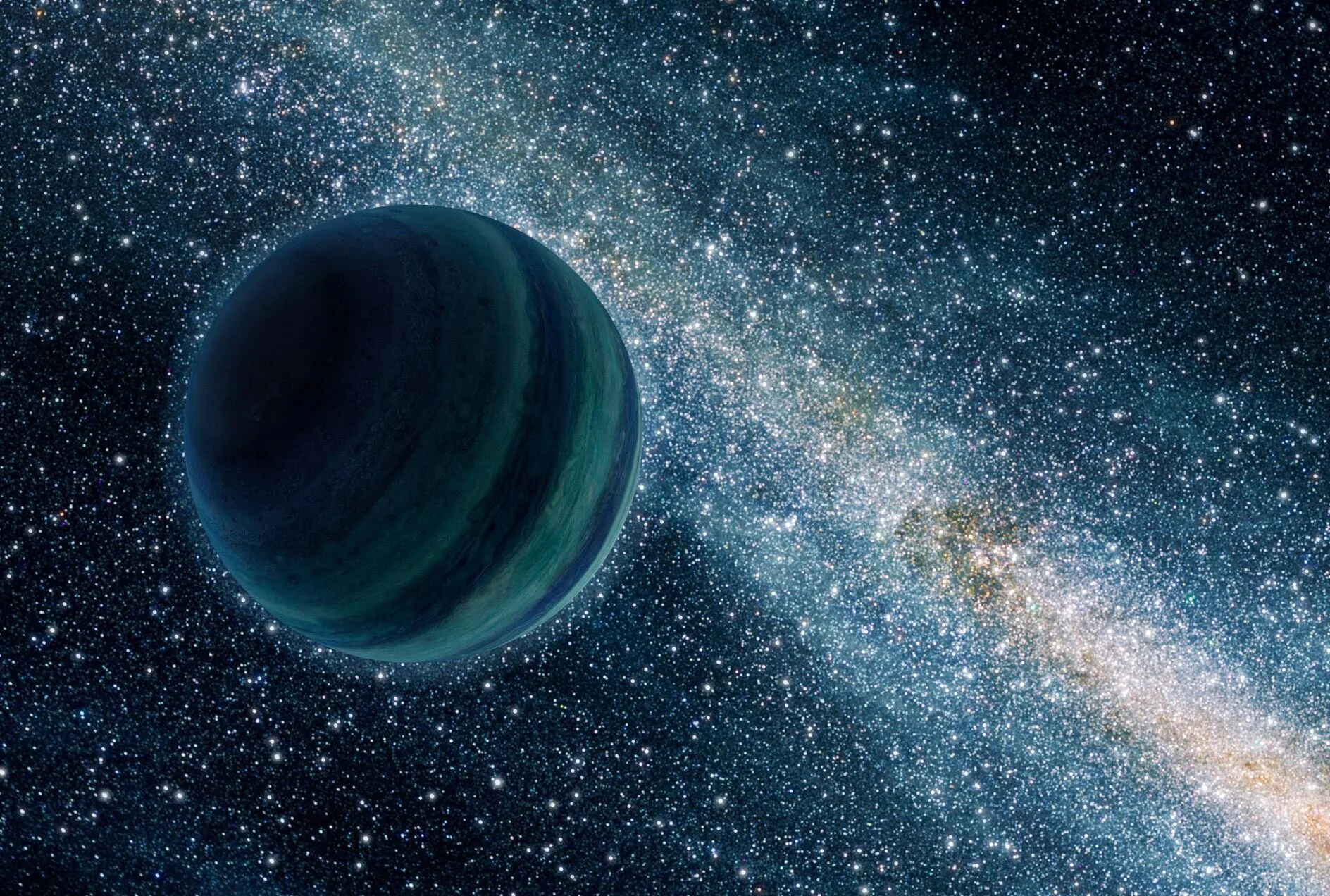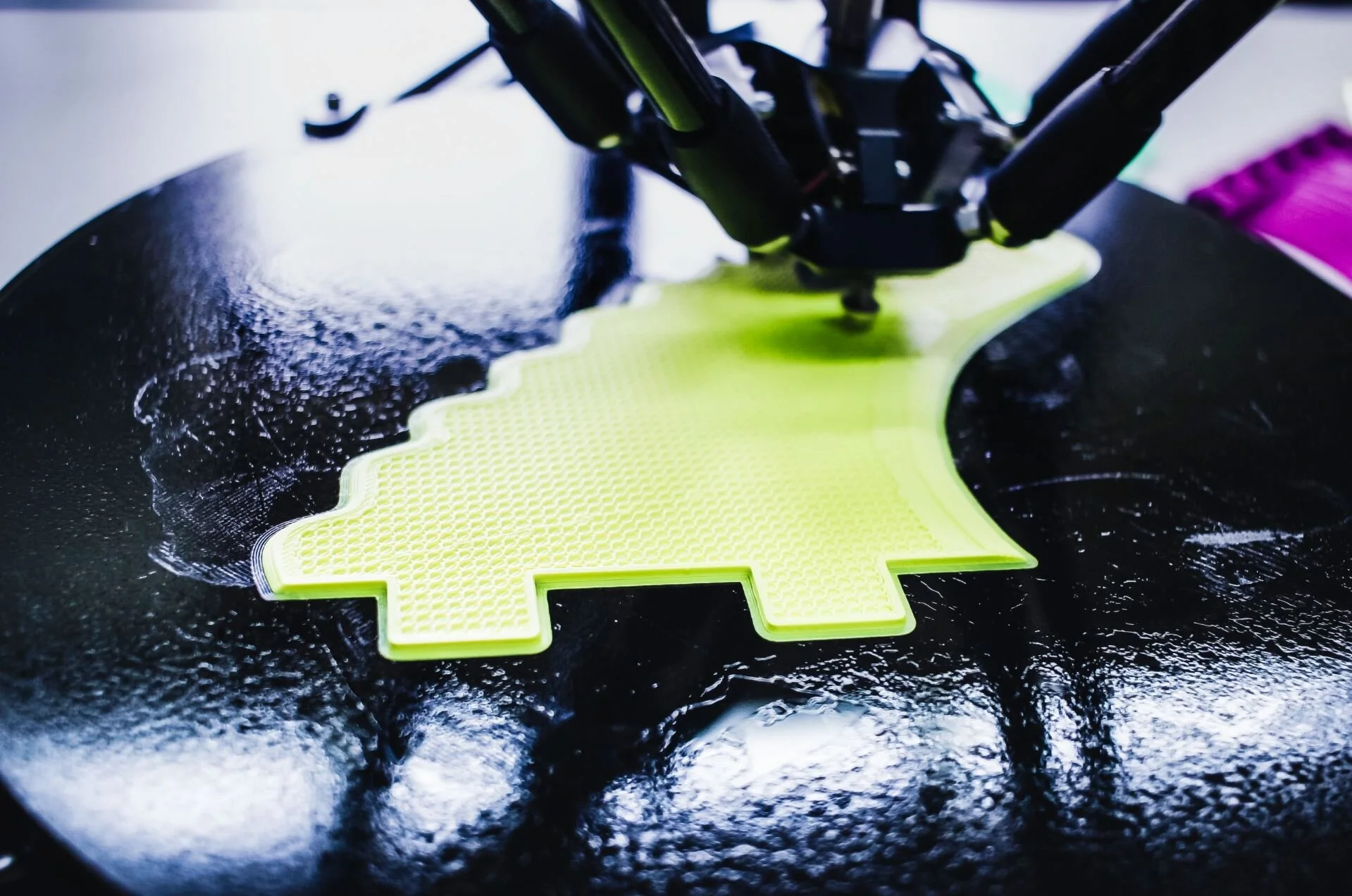A research team from the University of Nottingham School of Medicine has made a promising discovery by finding a new DNA damage pathway that might be a new lead in cancer research.
How to make the perfect cup of coffee – with a little help from science
This unusual mini-robot can transport small packages without the use of any chips or batteries!
Tackling food waste with help from the internet of things
Why building Mars habitats from fungi instead of metal is a brilliant idea
Batteries made with sulfur could be cheaper, greener and hold more energy!
Battery technology is becoming more and more important in modern times. Not only do we use batteries in everyday devices like phones and laptops, but they are also used for large scale energy storage to support renewable power generation. On top of that, the electric car is getting more popular by the day. An innovative leap forward in battery technology could, therefore, be a BIG deal.
Instead of only mentioning calories, why not label food with the required physical activity to burn off those calories?
Alien life is out there, but our theories are probably steering us away from it
Scientists linked habitual tea drinking with an increased life expectancy
NASA discovered a potentially habitable, Earth-sized exoplanet!
Wrong way, go back: a proposed new tax on electric vehicles is a bad idea
Fasting at irregular intervals linked to a longer life and a better performing brain
What makes wine dry? It’s easy to taste, but much harder to measure
Research connects obesity during pregnancy to lag in the development and intelligence of boys
Future fossils will mainly consist of humans and their domesticated animals
According to scientists, humans and their animals now greatly outnumber the number of wild animals roaming the Earth. This ratio will be reflected in future fossil records. Our growing numbers, combined with our technological advances, have led to our impact on the natural word now being equal or even exceeding those of natural processes.
Our place in the universe will change dramatically in the next 50 years – here’s how
In the upcoming 50 years, humankind will attempt to answer fundamental questions about the universe and the fundamentals of our existence: Is there life on exoplanets? Is there extraterrestrial life in our solar system? Where has all the antimatter in the universe gone? - Robin Smith explains what we can expect















